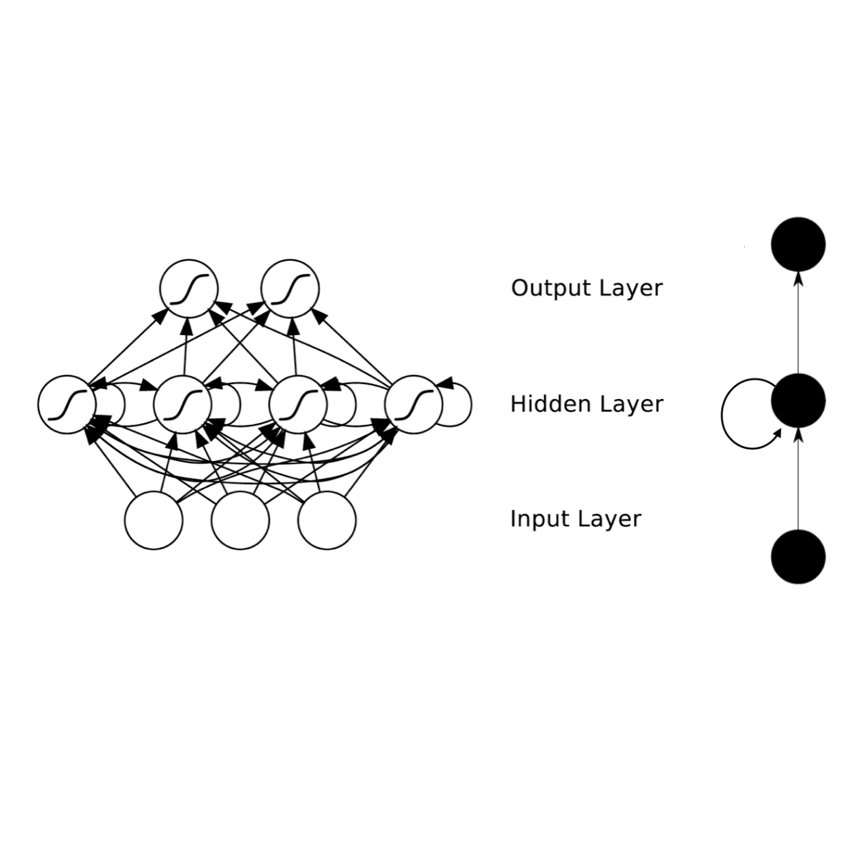Learning temporal patterns from multivariate longitudinal data is challenging especially in cases when data is sporadic, as often seen in, e.g., healthcare applications where the data can suffer from irregularity and asynchronicity as the time between consecutive data points can vary across features and samples, hindering the application of existing deep learning models that are constructed for complete, evenly spaced data with fixed sequence lengths. In this paper, a novel deep learning-based model is developed for modeling multiple temporal features in sporadic data using an integrated deep learning architecture based on a recurrent neural network (RNN) unit and a continuous-time autoregressive (CAR) model. The proposed model, called CARRNN, uses a generalized discrete-time autoregressive model that is trainable end-to-end using neural networks modulated by time lags to describe the changes caused by the irregularity and asynchronicity. It is applied to multivariate time-series regression tasks using data provided for Alzheimer's disease progression modeling and intensive care unit (ICU) mortality rate prediction, where the proposed model based on a gated recurrent unit (GRU) achieves the lowest prediction errors among the proposed RNN-based models and state-of-the-art methods using GRUs and long short-term memory (LSTM) networks in their architecture.
翻译:从多变纵向数据得出的学习时间模式具有挑战性,特别是在数据零散的情况下,如经常在保健应用中看到的那样,数据可能受到不规则性和不同步性的影响,因为连续数据点之间的时间因特征和样本而异,妨碍了现有深层次学习模型的应用,这些模型是为完整、平均空间、定序长度的数据而建造的,因此妨碍了适用。在本文件中,开发了一个新的深层次学习模型,利用基于经常性神经网络单元和连续时间自动递增模式的综合深层次学习结构,在零星数据中模拟多重时间特征。拟议的模型称为CARRNN,使用一个通用的离散时间自动递增模型,该模型使用经时间滞后调整的神经网络来培训端对端,以描述不规则性和无序长度引起的变化。该模型使用基于老年痴呆病模型和密集护理单位(ICU)提供的综合性深层次学习结构,用于多变时间回归任务。拟议的模型使用GNLS长期模型和最短的RRRU模型,在G常规模型中采用最短的常规模型。





